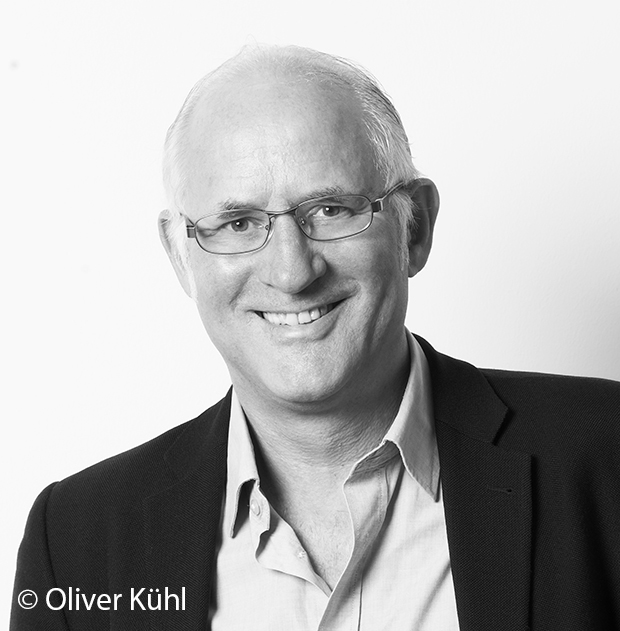6.12.2017
If I am asked in a restaurant, chemist's UKApothekechemist's or elsewhere whether I have any form of food intolerance, I often reply “no, but I have in intolerance to people and life generally”.
Yes, that is supposed to be a joke, though you might not find it very funny. It depends on your level of humour tolerance, I guess.
Most people like to think that they are fairly tolerant but, in reality, the majority of us aren’t half as tolerant as we imagine or would like to be.
This is certainly true when it comes to opinions that differ from our own. Indeed, we often to go out of one's waysich bemühengo out of our way to avoid such opinions — by deliberatelybewusstdeliberately not listening to people we disagree with or not reading publications whose views we typically don’t share.
I know life is short, time is limited and we are all suffering from information overloadInformationsflutinformation overload. But I regard this practice of avoiding alternative views as both a great shame and extremely dangerous.
Listening to people I disagree with might irritate sb.jmdn. verärgern, aufregenirritate or jmdn. verärgern, nervenannoy sb.annoy me to hellhier: wahnsinnigto hell. But at least it encourages or forces me to reassess sth.etw. neu überdenkenreassess my views — and even change them from time to time.
Most of us aren’t half as tolerant as we imagine or would like to be
Therefore, I’ll often read the political views of British newspapers such as The Telegraph or even the ghastlyschrecklichghastly Daily Mail. Or those of German newspapers such as Bild or Die Welt. And I have always admired the approach of the US newspaper USA Today, which prints not only its own view each day in an editorialLeitartikeleditorial but also an “opposing view”.
It is often said that we should be “intolerant of intolerance”. In other words, we should strongly oppose people, political parties or religious leaders whose views do not allow for sth.etw. zulassenallow for diversity of opinion, belief or lifestyle.
I agree with this. I want to live in a tolerant society, in which people are free to live and express themselves as they wish, as long as they do not harm others. And I oppose people who think otherwise.
Yet, if everyone is fundamentally intolerant of everyone else’s intolerance, there will be little opportunity for dialogue, compromise, mutualgegenseitigmutual understanding or reconciliationAussöhnungreconciliation.
There is a line to be drawn somewhere, beyond which there are things we simply cannot accept. And everyone has to decide where their own personal intolerance line is. But we need to be careful that our own intolerance of intolerance doesn’t become self-defeatingselbstzerstörerisch, schädlichself-defeating.
So why not listen to or read some opposing views today — and test how far your own tolerance goes?

Ian McMaster is editor-in-chief of Business Spotlight. You can contact him via i.mcmaster@spotlight-verlag.de
In his blog, Ian McMaster has been commenting on global business issues since 2002. For older entries, see the blog archive on our former website.


